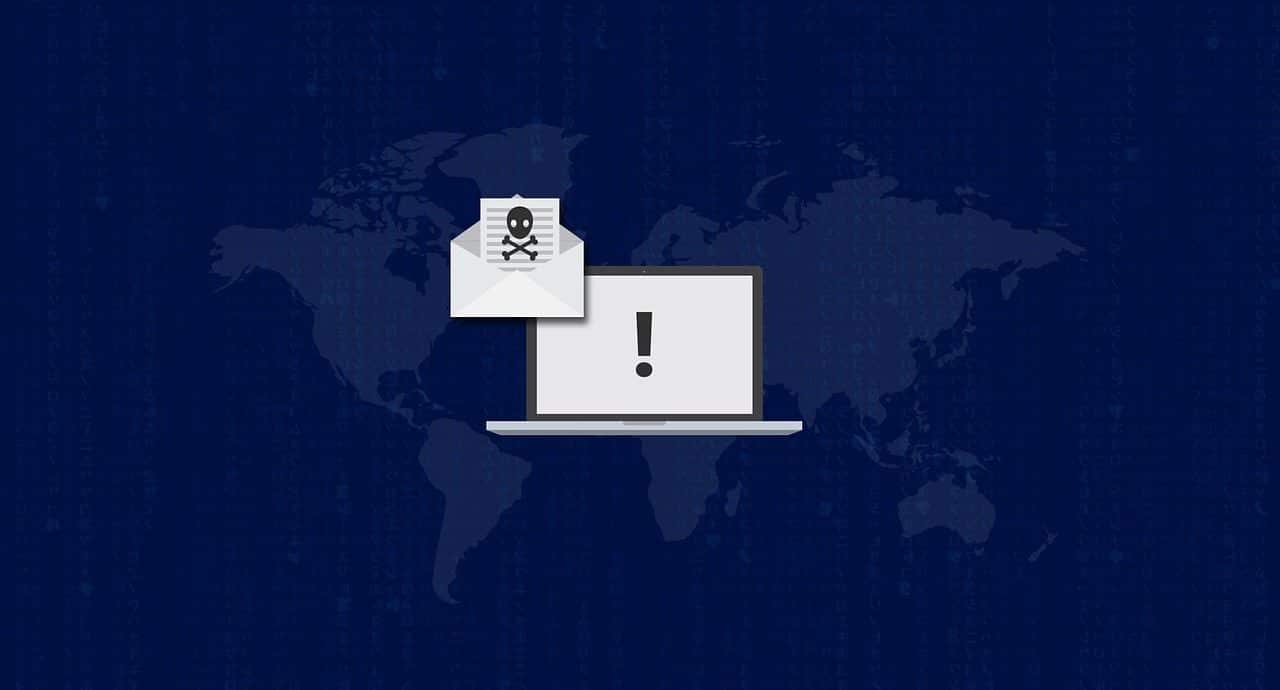
Spyware works without the computer user noticing.
Spyware is an English term that is not included in the dictionary prepared by the Royal Spanish Academy ( RAE ). The concept refers to a type of malicious software that accesses data from a computer and sends it to other devices without the user noticing.
It should be remembered that software is a computer program that allows the execution of different tasks. In the case of spyware, these are programs that are installed automatically or that pretend to be something different than what they really are.
How spyware works
When spyware manages to install itself on a computer , it begins to act without the user noticing. In this way, every time you turn on your computer, the spyware begins to work and collect information . It can also monitor computer use and perform tasks that the person does not intend to perform.
Because of how it works, spyware is often compared to a parasite : it resides on your computer and consumes its resources. Spyware, in fact, uses the computer's RAM .
Spyware, for example, can display advertising windows in an Internet browser or even modify the content of the websites the user visits, with the intention of displaying certain advertisements. Spyware can also change your browser 's home page, search engine, and other preferences.

Spyware is part of the malicious software group.
Prevention methods
To prevent spyware from reaching a computer or to eliminate it, there are security programs known as antispyware that specialize in detecting and eliminating this type of software that affects computer performance. One of the most useful functions is real-time monitoring of browsing, to warn the user of a potential attack before it occurs and avoid the arduous subsequent task of searching for and uninstalling it, although this has an impact on the computer's performance. that not everyone can or wants to face.
Programs developed to detect spyware usually come in two versions: a free version , very popular for personal use, especially for those who do not have highly important documents on their computers or who do not usually browse dangerous sites; a payment , ideal for large companies, since the economic investment is necessary given the volume of information they must manage and protect .
Returning to the real-time protection function, this is usually only included in the paid version of the programs , as an incentive to dare to make the purchase instead of settling for the free one. Before making the decision, it is important to evaluate the benefits of this type of product, and try to understand if they are really necessary for us , given our Internet browsing habits .
Piracy and spyware
Hacking is one of the most despicable yet common practices, and is an inexhaustible source of spyware; Stealing seems free, but it has a very high price when it fills our devices with programs of this type, since they can cause great problems that do not justify the "savings" we were after when deciding not to pay for a product. While it is not normal for spyware to permanently damage a computer, it can make it difficult to use until you resort to powerful antispyware.
Just as viruses and bacteria proliferate in areas where large amounts of waste are concentrated, piracy sites are where we can find the most spyware; but also, outside of them, and that is why it is important to carefully choose the places we visit. Likewise, if we only download free or open source products, and we do so through official or reliable means, the risk decreases considerably, as does the need to constantly monitor our device.
